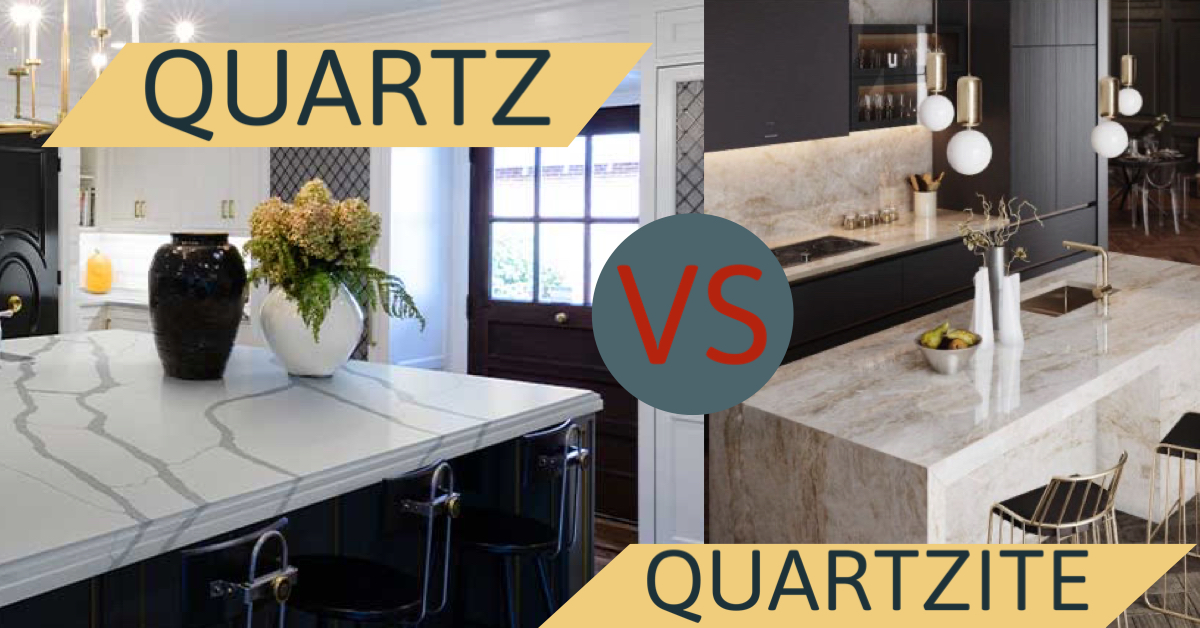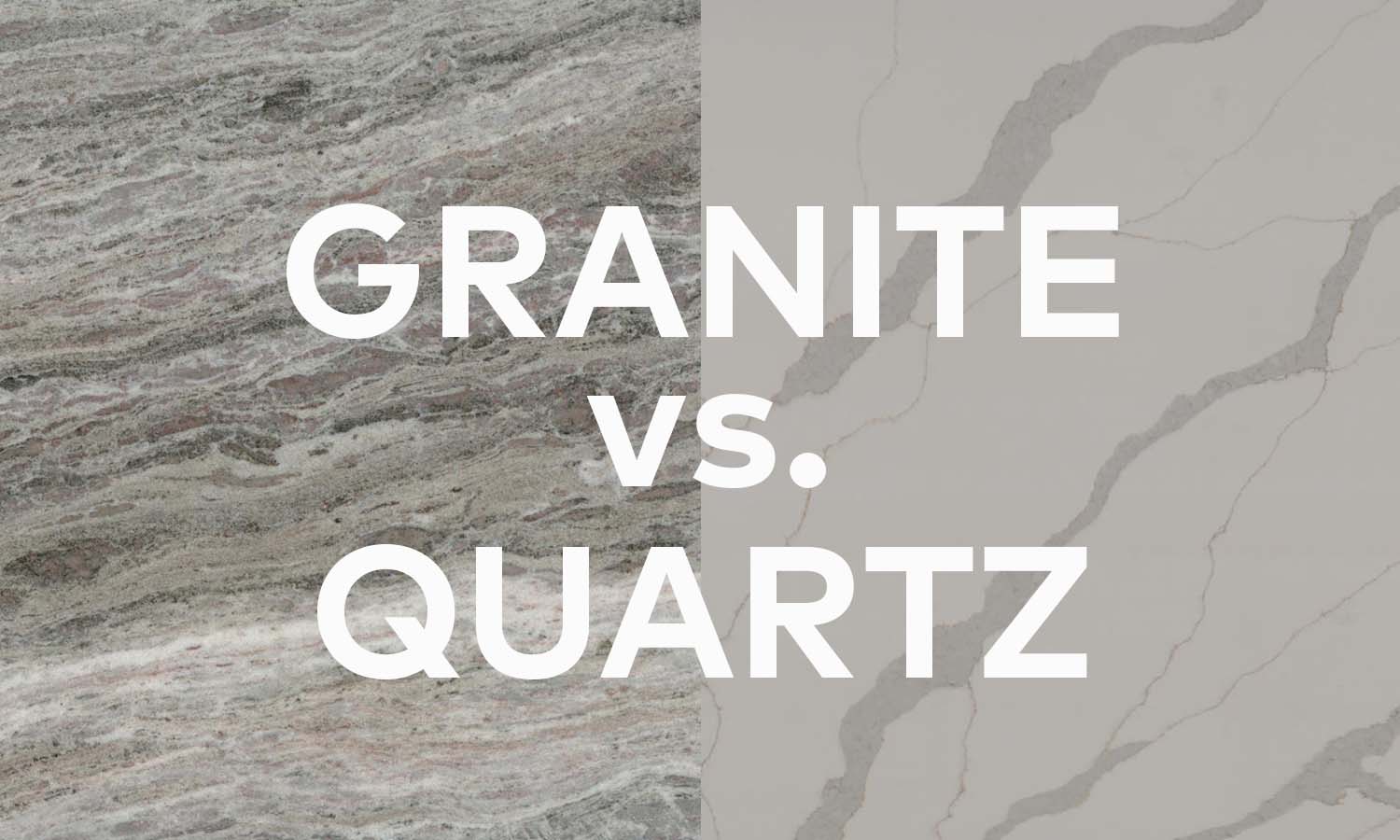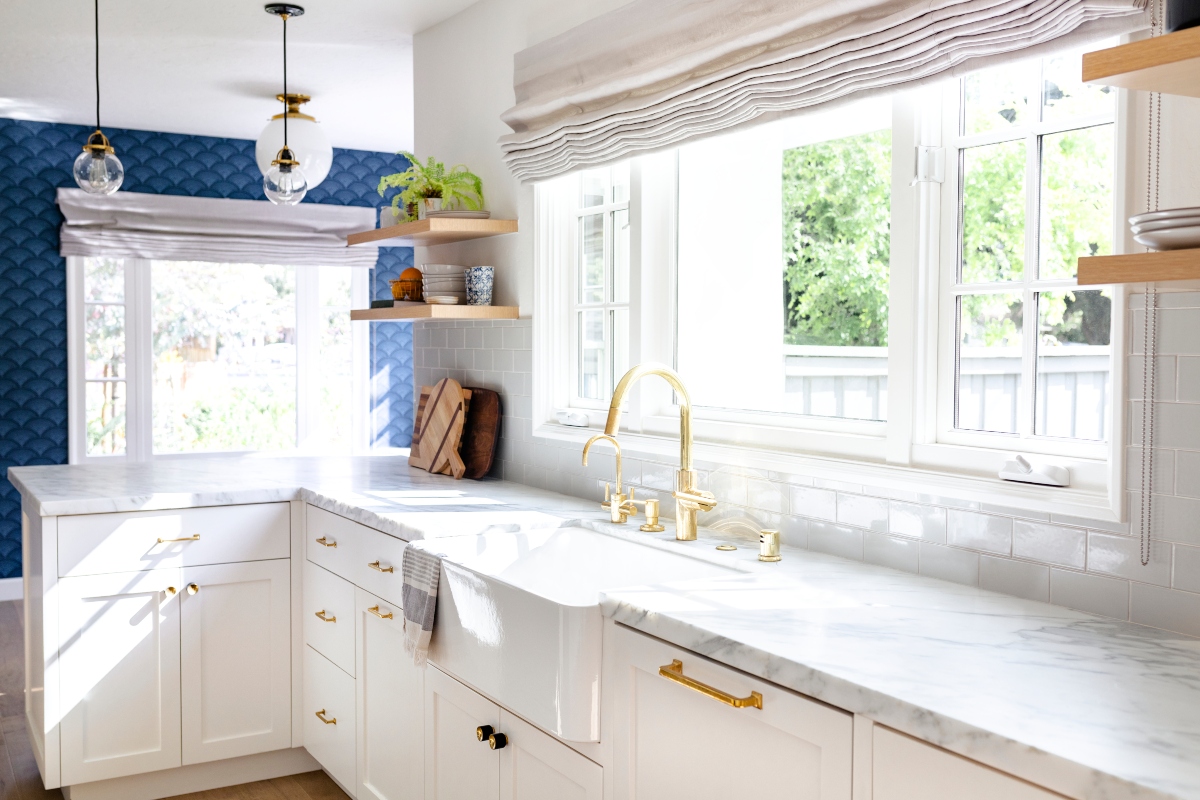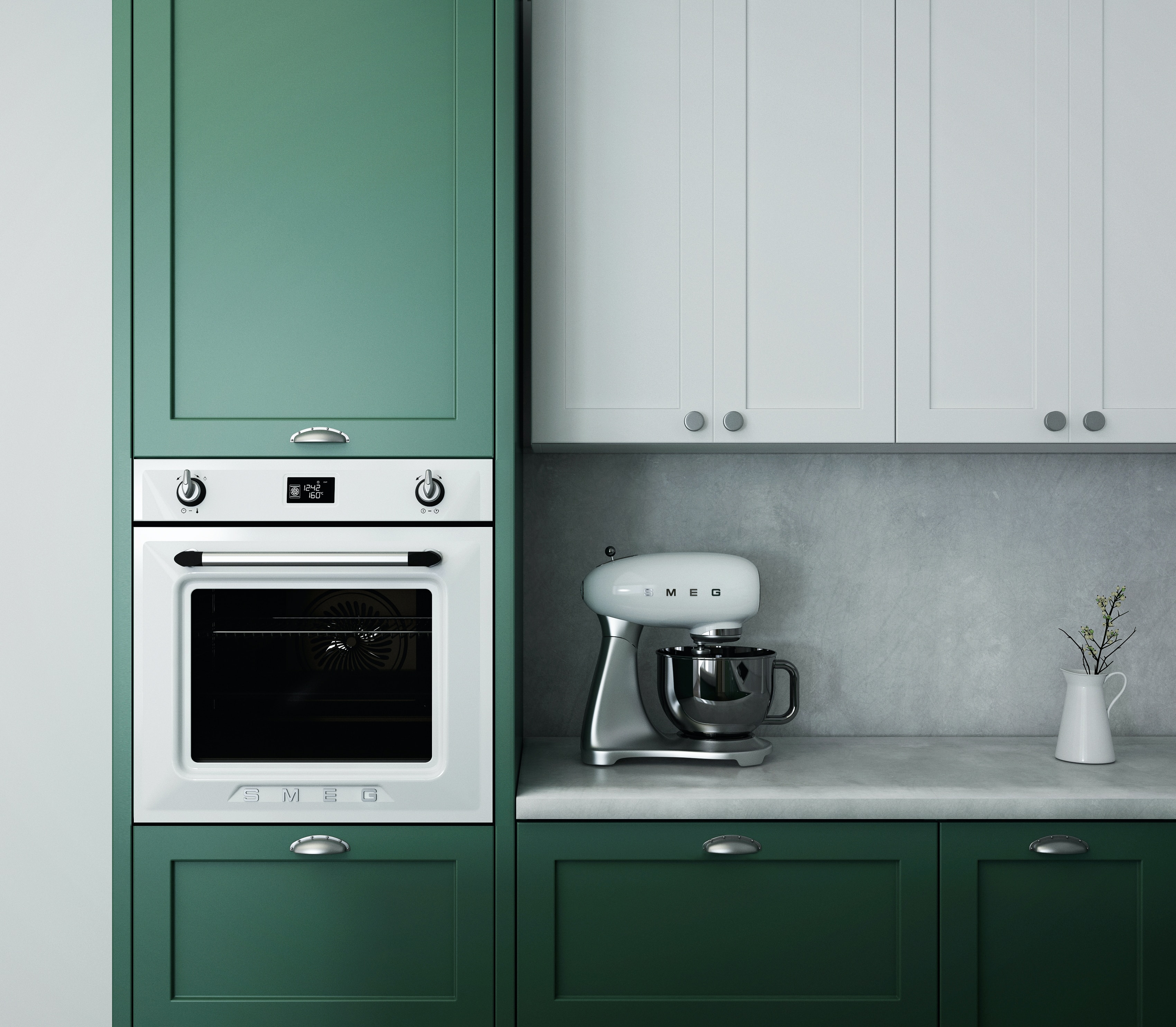Quartz vs Quartzite: Understanding the Differences for Countertops
When it comes to choosing the perfect material for your kitchen or bathroom countertops, there are a number of options to consider. Two of the most popular materials are quartz and quartzite, but many people are confused about the differences between these two materials. Here's what you need to know about quartz and quartzite for countertops:
Quartz: Quartz is a engineered stone made from a combination of natural quartz, resin, pigments, and other materials. It is known for its durability, low maintenance, and resistance to heat, scratches, and stains. Quartz is also available in a wide range of colors, patterns, and textures, so you can easily find the perfect look to match your style.
Quartzite: Quartzite, on the other hand, is a natural stone that is formed from sandstone that has been subjected to extreme heat and pressure over time. It is a dense, durable material that is resistant to scratches, heat, and stains, making it a great choice for high-traffic areas. Quartzite is also available in a range of colors, from white and cream to shades of grey, beige, and even pink.
Durability: Both quartz and quartzite are incredibly durable materials, but quartz is known for being a bit more resistant to scratches and stains than quartzite. Quartzite, on the other hand, is more heat-resistant than quartz, making it a better choice for kitchens where you might be using hot pots and pans.

Maintenance: Quartz is known for being low-maintenance, as it requires only a simple wipe-down with soap and water to keep it looking clean and new. Quartzite, on the other hand, is slightly more porous than quartz, meaning that it may require sealing to prevent staining and etching. However, both materials are relatively easy to maintain, and they are both resistant to bacteria and germs.
Cost: The cost of quartz and quartzite for countertops can vary depending on the quality and type of material you choose. On average, quartz is a bit more expensive than quartzite, but it is also known for being more consistent in color and pattern than natural stone. Quartzite, on the other hand, is a more budget-friendly option that offers a unique, natural look for your kitchen or bathroom.
Appearance: Both quartz and quartzite are available in a wide range of colors, patterns, and textures, so you can find the perfect look for your space. Quartz is known for having a more consistent look than quartzite, which can vary in pattern and color due to its natural origins. Quartzite, on the other hand, offers a unique, natural look that is perfect for those who prefer a more rustic or organic feel in their home.
In conclusion, both quartz and quartzite are excellent options for kitchen or bathroom countertops. The key difference between the two materials is that quartz is an engineered stone made from a combination of natural materials and resins, while quartzite is a natural stone formed from sandstone. Both materials are durable, low-maintenance, and available in a wide range of colors and patterns, so you can easily find the perfect material to match your style. Ultimately, the choice between quartz and quartzite will come down to personal preference, budget, and the overall look and feel you are trying to achieve in your home.




